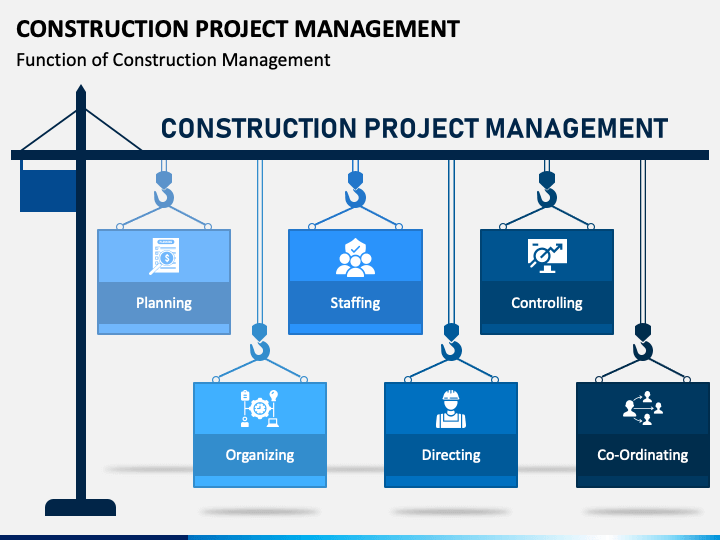
Construction projects are notoriously complex, involving a multitude of moving parts that need to be carefully managed to ensure success. Effective project management is crucial in the construction industry to deliver projects on time, within budget, and to the required quality standards. In this article, we will explore some valuable tips and tricks to help you navigate success in construction project management.
The Importance of Effective Project Management in Construction
Effective project management is essential in construction for several reasons:
1. Coordination:
- Ensures all project elements are well-coordinated and working together towards the same goal.
2. Risk Management:
- Identifies and mitigates potential risks that could derail the project.
3. Cost Control:
- Keeps the project on budget by monitoring costs and identifying cost-saving opportunities.
4. Time Management:
- Ensures the project stays on schedule and is completed within the specified timeframe.
Effective Tips and Tricks for Construction Project Management
1. Develop a Detailed Project Plan
A well-thought-out project plan provides a roadmap for the entire construction project. It should include:
- Project scope, objectives, and deliverables.
- Timeline with key milestones and deadlines.
- Resource allocation and budget.
- Risk management plan.
2. Communication is Key
Effective communication is vital in construction project management. It ensures all team members are on the same page and allows for quick problem-solving. Communication should be:
- Clear, concise, and consistent.
- Regularly scheduled through meetings and updates.
- Open and transparent to encourage feedback and collaboration.
3. Utilize Project Management Software
Project management software can streamline project workflows, improve collaboration, and enhance overall efficiency. Look for software that offers features such as:
- Task tracking and assignment.
- Document management and version control.
- Resource allocation and scheduling.
- Reporting and analytics.
4. Manage and Mitigate Risks
Risks are inherent in construction projects, but effective project managers anticipate and mitigate them to prevent costly delays and rework. Strategies for risk management include:
- Identifying potential risks early in the project.
- Developing contingency plans for high-impact risks.
- Regularly reviewing and updating the risk management plan.
5. Track Progress and Adjust as Needed
Regularly monitoring project progress allows project managers to identify any deviations from the plan and make necessary adjustments. Ways to track progress include:
- Setting up regular progress meetings with the project team.
- Using key performance indicators (KPIs) to measure success.
- Adjusting timelines, resources, or scope as needed to keep the project on track.
6. Foster a Culture of Teamwork
A cohesive project team can overcome challenges and achieve success together. Building a culture of teamwork involves:
- Encouraging open communication and collaboration.
- Recognizing and rewarding team achievements.
- Resolving conflicts quickly and constructively.
Conclusion
Effective project management is the cornerstone of success in construction projects. By following these tips and tricks, project managers can navigate the complexities of construction projects with confidence and achieve their project goals. Remember, a well-planned and well-executed project is more likely to be completed on time, within budget, and to the satisfaction of all stakeholders involved.

Leave a Reply
You must be logged in to post a comment.